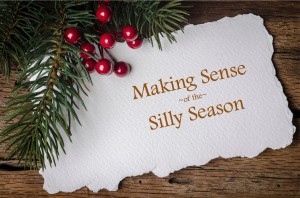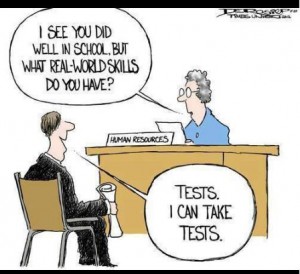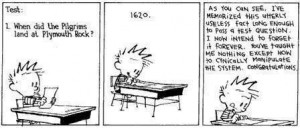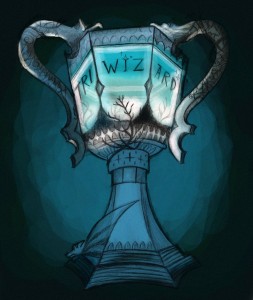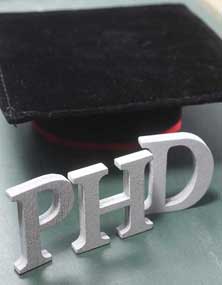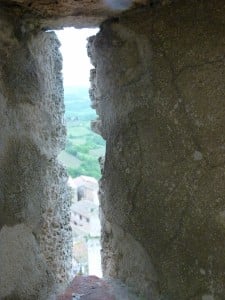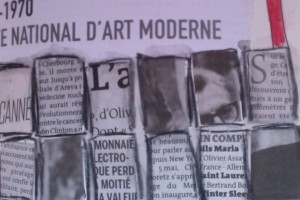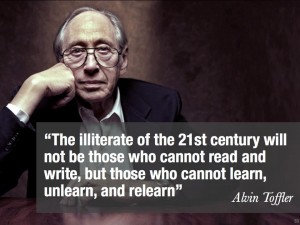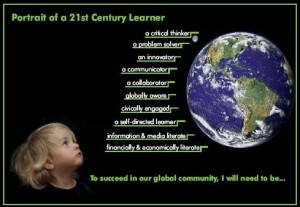It’s ATAR season! The Australian Tertiary Admission Rank received by every student who sat their final exams this year. It’s also what we sometimes term the silly season. So here’s my take on the ATAR…6 other acronyms we could use…
1. ATAR: Apprehensively Tested And Ranked
We’ve all heard it before; “your ATAR doesn’t define you”, but for those students who last month sat the VCE and HSC exams in order to get an ATAR in the hope of securing a university offer; it does define them if only for a few short days. Last week all those students received their ATAR, their rank and file within the system that will make or break their next step. It’s a pity that many are so distraught by it all and I’m not just talking about those who get what is defined as a low ATAR. I’ve seen emotion drench them, consume them at the moment that text message arrives or the moment they log into that screen to see that number. Some will cheer, some will scream with glee, many others will cry mainly from relief that finally they know their magic number. Twelve or thirteen years of teaching and learning for this one moment in time; will it matter in 12 months, 5 years or 10? I daresay, it won’t even matter tomorrow. The day the universities make their offers, then it will matter for a minute as once again we log into those screens to see what they will allow us to study, as if they know what’s best.
2. ATAR: A Thorny Achievement Ranking
No matter what the ATAR in essence it is a RANK. Students are ranked in comparison to what other students achieved. Some will be pulled up others will be stretched down, some on the high, others on the low because quite simply that bell curve needs to be just right!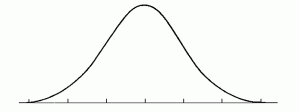
3. ATAR: Ability To Acknowledge Rank?
I really need students to understand that the ATAR is a RANK not a reflection of their ability. It all depends on where everyone else is ranked and in that you have no control.
4. ATAR: Acknowledge The Awesome Results!
Instead, reflect on your hard work – well if you truly did do the hard work that is. If not then you pretty much deserved what you ranked – I’m pulling no punches here. So, if you did work to the best of your ability then use this experience as a ‘growth’ mindset activity. Learn from this and get out there and triumph! You can watch more about mindset here.
5. ATAR: Announce Triumph, Accommodate Reality
I decided that this article reflects what I need to say here;
http://monash.edu.au/news/show/so-you-didnt-get-a-great-atar-its-not-the-end-of-the-world
6. ATAR: A Terrific Achievement; Really…
Considering we teachers spend so much time planning and facilitating the most interesting classes we can conjure up, well most of us do; it’s no wonder we manage to keep students in school a lot longer. We try to offer lots of different pathways to suit individual needs right up until that last-minute when reality demands that anyone thinking about going onto university must sit exams in every subject in order to gain an ATAR – a RANK – so that universities can decide who they will and will not allow into their institutions to complete further studies – as if a rank could possibly reflect the true abilities, passions and convictions of a 17-18 year old student. As if a rank could accurately predict what this young person will become, will achieve and will contribute to society over their lifetime. And anyway, for years now we have been telling them that they will not be ‘a career __________ ‘(fill in this blank yourself), but rather, change their career path a multitude of times. In my opinion, it’s no use ranking them because in many cases they will get the undergraduate degree, then in 3-5 years they will once again rethink where they’d like to go next. These students think in nanoseconds, jump from one thing to another, like video games and their thirst for the now, right NOW. In fact, we need to treat this rank as a stepping-stone. What would I like to do next? What am I passionate about?
To all students out there; don’t let that RANK stop you, you worked hard now get out there and make a difference! AND, don’t forget we’ll be right behind you when you need support and encouragement – even if you don’t ask for it!
See you out in the real world!
Thanks for reading 🙂

